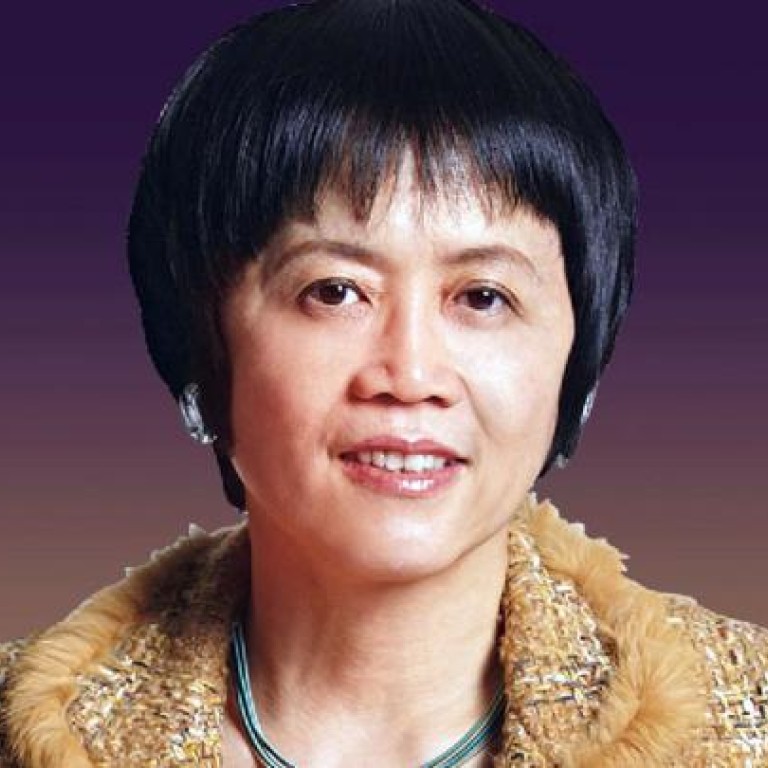
A slip-up over the introduction of a property tax has renewed public debate on this critical issue. Last week, the Ministry of Land and Resources said on its website that the government was planning to collect property taxes in Hunan and Hubei , but the statement was removed a day later, and provincial officials quickly denied there was such a plan. Nevertheless, speculation about an expansion of the property tax pilot scheme continued unabated.
Property tax collection - so crucial to China's overall reform efforts - is highly complex and technical. So far, the central government has not made clear how and when it would implement it, and there's plenty of public confusion. It's time to clarify the directions for reform.
The decision to introduce a tax on residential properties originated from the third plenary session of the 16th Central Committee in 2003, where it was agreed that on urban tax reform, where possible, the government would streamline the structure by proposing a single property tax while waiving the various charges and fees.
This involves: making this property tax a main source of revenue for local governments; lowering the tax burden for construction while increasing it for asset holders; collecting a single tax on land and property, while abolishing the tax on land appreciation; waiving unreasonable fees; and charging tax based on valuations. Overall, the tax burden should not increase after the change.
After studying tax systems overseas, officials and scholars have made other constructive suggestions. One was that all properties of a taxpayer should be taxed, and concessions and rebates should be designed to meet the affordability principle of a "2:8 ratio" - that is, 80per cent of the revenue should come from 20per cent of taxpayers. Since 2006, the basic framework of the reform has been clear.
Yet none of it has so far been put into practice. That's because the property market has been booming since 2005, with two outcomes: as land sale revenues pour in, local governments have no incentive to carry out reforms; and, as housing prices surge, the central government has been kept busy rolling out control measures, such as raising the property transaction tax, business income tax and land appreciation tax, and moving ever further from its reform targets.
These short-term measures have delayed the long-term restructuring of the tax system. Worse, the measures have failed to tame the market, yet the overall tax burden has increased. And while the pilot schemes rolled out in Shanghai and Chongqing were encouraging, they merely built on the present system, whereas a fundamental restructuring was needed.
Property tax reform will help not only to rationalise the fiscal relationship between the central and local governments, but also curb property speculation and narrow the income gap. After numerous detours, the road ahead has only got bumpier. But authorities must not give up. They must think long term: reforms should be aimed at restructuring the tax system and not a response to market fluctuations; hence, steps taken must be thought through.
In its remaining days, the outgoing government can pave the way for implementing reform, while the incoming government should get going on it as soon as it takes office. Leaders must set a timetable for tackling this matter of great public concern.
Chinese people have become more aware of their rights. A tax on property is a tax on people's assets, and must go hand in hand with wider reforms. Thus, as it rolls out tax reform, the government should also review its roles and functions, its budget planning and social management.
First, property taxes must be set according to the legal principle of revenue collection; it should not be a matter of administrative rule, as in the past. Who should be taxed and exempted, and how much to charge - these decisions must meet the pledge of not raising people's overall tax burden as well as the principle of the 2:8 ratio. The proposal should be debated openly by the public before becoming legislation.
Second, governments should reform their budgeting system. Since property taxes fill the coffers of local governments, it stands to reason that the money should be used to benefit local communities. How these funds are used, and whether the public services they fund are up to scratch, should be open to public feedback and assessment. This means opening up the government budget to legislative and public scrutiny.
Third, the government should abolish the fees levied on the construction and transactions of residential properties. The government should also bear the costs of building public facilities in new towns, as it should as a public service provider.
For the reform to succeed, the government must work at building a one-stop property information system and a valuation system. As the new rules are rolled out, more and more people will be affected and public momentum will build for greater participation in monitoring fiscal budgets. This will help ensure officials spend public money wisely.
In an open society, citizens have the right to decide on the public services they want. How public finances are managed will also have a far-reaching influence on society. Knowing this, China's incoming leaders must use property tax reform as a way to build a democratic financial system.
